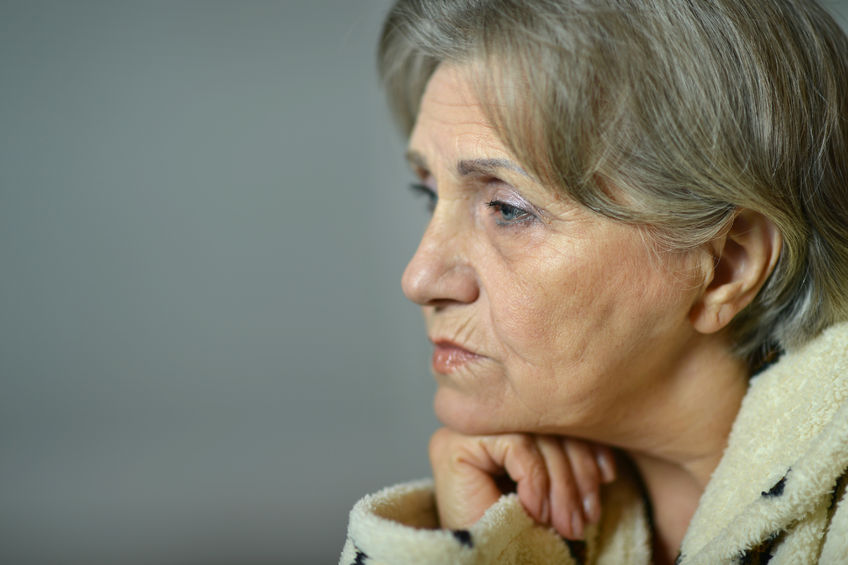Clinical depression, also known as major depression is a debilitating condition that affects as many as 16 million Americans, that is, almost 7 percent of the population over the age of 18. The condition can develop at any age, but according to statistical data, the age group that is the most affected is the group of those slightly older than the age of 30, the median age for the onset being 32.5. Major depression seems to be more prevalent among women than among men, especially among women who go through major hormonal changes, such as pregnancy or menopause or are faced with difficult situations that affect women more deeply, such as the physical changes related to puberty, pregnancy or miscarriage. However, the statistical data that indicate the prevalence of depression among women might be also due the fact that women are more willing to seek medical help when they are depressed than men, who tend to try to cope with the problem on their own.
What is, in fact, Clinical Depression?
Clinical depression is more than feeling sad or desperate for a while – many of us experience despair, hopelessness and anxiety at some points in our life, but clinical depression is a more severe condition that prevents the patient from functioning in day to day life and is also characterized by a loss of interest in the relationships and activities previously considered enjoyable and important. According to experienced therapist Littleton professionals, the condition is characterized by mental, emotional and physical symptoms – here is a list of the signs that might indicate major depression:
- Lack of energy and fatigue that persists all day long, even after a good night’s rest;
- Persistent feelings of worthlessness and guilt;
- Sleeping too much or too little;
- The inability to focus;
- The inability to make quick and sound decisions;
- Persistently diminished interest in activities previously considered enjoyable;
- Weight changes – weight loss or weight gain that is not related to changes in eating habits and that exceeds 5% of the patient’s body weight per month;
- Unexplained physical problems, such as headaches, stomach aches or back pain;
- Thoughts of suicide.

What Causes Clinical Depression?
Clinical depression is a condition that is usually triggered by a major life event, such as the loss of a loved one or of a job, but the onset is usually caused by the co-existence of a number of physical, cognitive and emotional factors as well – here are some:
- Issues related to brain chemistry – mood stability and coping skills are determined by the functioning of certain neurotransmitters in the brain. When the functioning of these neurotransmitters is impaired, the patient starts experiencing mood swings and several cognitive and mental functions can also suffer changes;
- Hormonal problems – a malfunctioning thyroid gland and the body’s hormonal imbalance can also trigger major depression;
- The existence of certain traits, such as low self-esteem, a pessimistic attitude toward life in general, self-deprecation;
- Alcohol abuse and drug abuse;
- Chronic illnesses, such as cancer or chronic pain;
- A family history of anxiety, depression or suicide.
Clinical depression needs to be diagnosed by a medical expert and the best course of treatment must also be determined by the expert – while in some cases, major depression can be efficiently treated with psychotherapy and lifestyle changes, in other cases medication may be the best treatment option, but only a trained professional can decide which path to choose.
